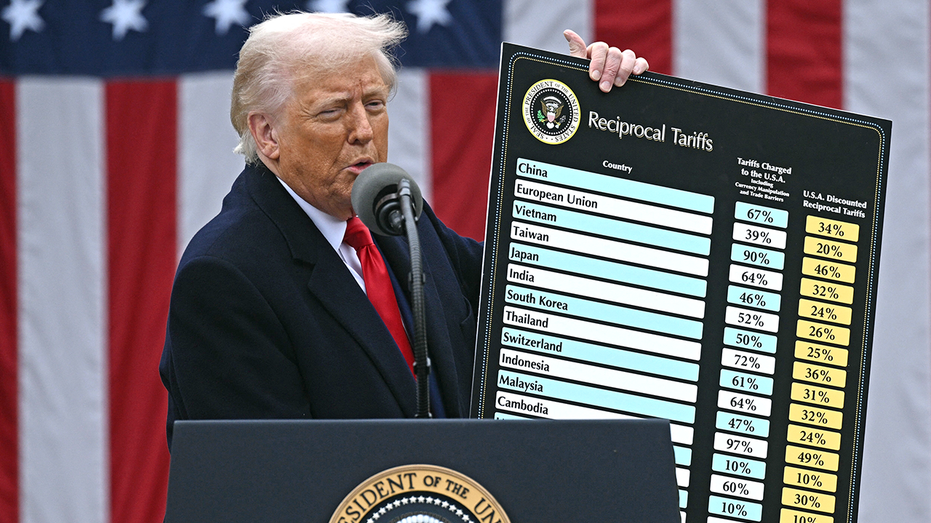Canada's PM Carney Vows to Fight Trump's Tariffs as World Leaders Weigh Impact

Sarah Johnson
April 4, 2025
Brief
Canadian PM Mark Carney opposes President Trump's sweeping new tariffs, pledging international solidarity as global leaders warn of economic fallout and rising tensions in global trade.
Canadian Prime Minister Mark Carney has declared war on President Donald Trump's latest round of tariffs, pledging to "fight" the measures and seek solidarity with international partners to weather the storm. His remarks came after Trump's dramatic announcement in the Rose Garden, which promised sweeping changes to the global trading system.
Carney warned of the ripple effects on both the U.S. and Canada, stating bluntly, "In our judgment, it will be negative on the U.S. economy that will have an impact on us." Millions of Canadians now face the brunt of these policies, which seem poised to complicate trade dynamics further.
Trump's new tariffs include a hefty 25% on all foreign vehicle imports—a significant escalation. While Canada escaped further specific tariffs beyond the existing 25% on imports and 10% on energy exports, the U.S. president hinted at possible future measures targeting pharmaceuticals, lumber, and semiconductors. Carney, rallying his nation, said, "In a crisis, it's important to come together... That's what we will do."
Canadian Conservative Leader Pierre Poilievre, meanwhile, took a more strategic approach. At an election campaign event, he expressed support for "targeted, reciprocal" tariffs. Poilievre's vision includes renegotiating a trade deal with Trump if elected, effectively replacing the United States-Mexico-Canada Agreement. The stakes, evidently, are high.
Industry leaders like David Adams, president of Global Automakers of Canada, voiced their concerns, stating, "Tariffs are taxes that hurt consumers by increasing costs, driving up inflation, and unfairly impacting workers on both sides of the border." Adams also called for long-term solutions to reduce regulatory barriers and provide flexibility to automakers.
Across the Atlantic, European Union leaders reacted with a mix of worry and resolve. Trump’s 20% blanket tariff on EU imports drew sharp criticism. Italian Prime Minister Giorgia Meloni, typically aligned with Trump, labeled the move "wrong" and warned it could inadvertently benefit Western adversaries. Irish Deputy Prime Minister Simon Harris anticipated long-term economic consequences, while Bernd Lange of the European Parliament termed the day "Inflation Day" for U.S. consumers.
Other leaders, like Swiss President Karin Keller-Sutter and Australian Prime Minister Anthony Albanese, vowed to negotiate rather than retaliate. Albanese described the tariffs as “not the act of a friend” but refrained from reciprocal measures.
With tensions escalating globally, nations now face a complex balancing act. As Carney and others rally their alliances, one thing is clear: these tariffs are reshaping the trade landscape, and not necessarily for the better.
Topics
Editor's Comments
Carney’s fighting words are bold, but let’s be honest—when world leaders start throwing around terms like 'trade war' and 'crisis,' you know you’re in for a wild ride. It’s also striking how Trump’s tariffs seem to be ticking off allies left and right. Maybe a little less 'Liberation Day' and a bit more 'Cooperation Day' would do the trick?
Like this article? Share it with your friends!
If you find this article interesting, feel free to share it with your friends!
Thank you for your support! Sharing is the greatest encouragement for us.



